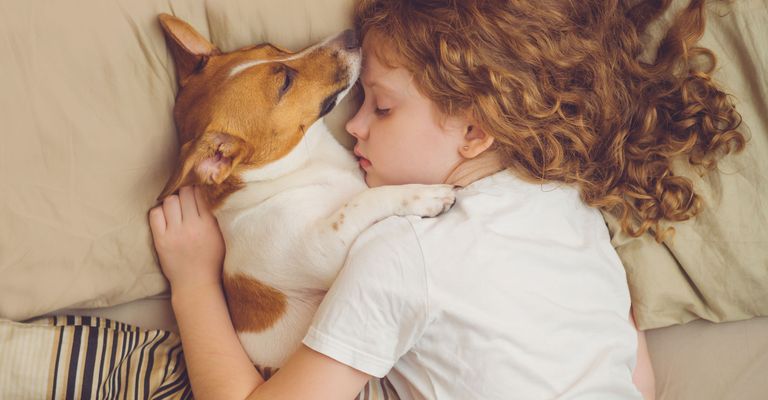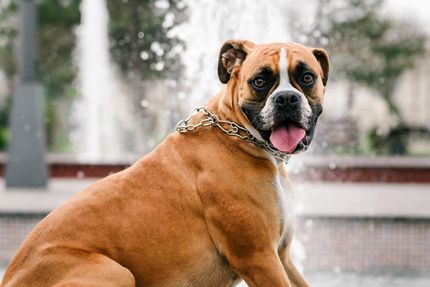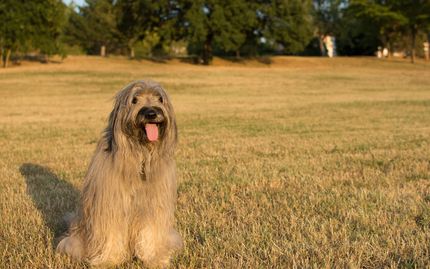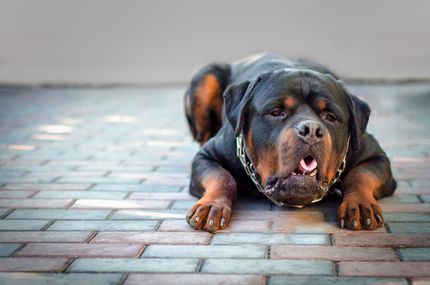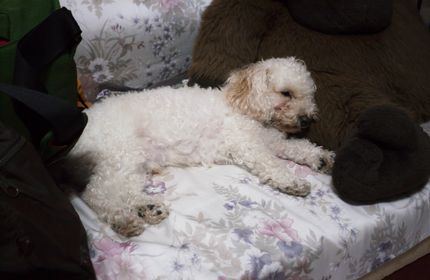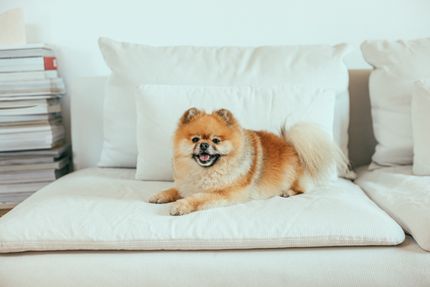"Being tired of dogs," is a saying we all know too well. But it's particularly apt when it comes to the popular four-legged friends, as they have a much greater need for sleep than humans. After all, it's the only way they can regenerate after a hard day of playing and romping around. But how much sleep is actually normal for a four-legged friend.
Dogs sleep a lot: How much sleep do they really need?
Maybe you've been worried about why your dog sleeps most of the day and wanted to get advice from various forums? We can reassure you, because in most cases this behaviour is completely normal. An adult dog sleeps or rests about 12 to 14 hours per day. Depending on the breed of dog, temperament and size, even up to 20 hours is not objectionable. This is not to say, however, that your dog sleeps through the whole time - quite the opposite, in fact: a dog's need for sleep includes, among other things:
- Snoozing
- Resting
- Deep sleep
When snoozing, it often just looks like the dog is sleeping. However, it just lies there and dozes off, but he is aware of what is happening in his environment. When the dog is resting, it usually lies there with its eyes open or is in snuggle mode. The deep sleep on the other hand is, similar to humans, there to recover from an exhausting day and to let experiences pass in review. In most cases, this sleep accounts for only 20 percent of the total resting phase.
Especially old, sick and weakened dogs usually rest longer than healthy animals. But also puppies need in the first years far more sleep than adult quadrupeds.
Even if most dog breeds are already bred to be ready for action at all times, dog owners should still make sure to give their dog enough rest.
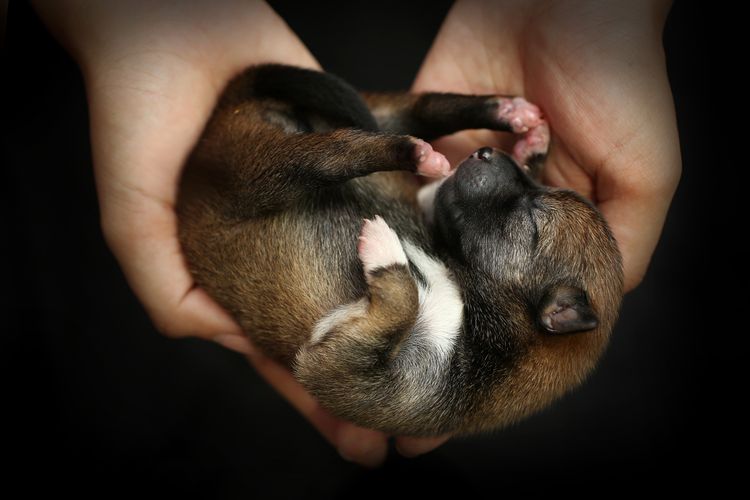
Why sleep is so important for dogs
Similar to us humans, sleep is vital for dogs to process the experiences of the day. Especially after stressful and exciting days, you can easily observe how these events haunt your dog until sleep and possibly relive these certain situations. Tail wagging, twitching or suppressed barking are not uncommon during this resting phase. Because also dogs dream and possibly your quadruped raves straight with another dog on a meadow. Especially after exhausting days dogs often fall into a very deep sleep.
If your dog does not get enough sleep, it is more susceptible to diseases and often becomes aggressive. Scientific research has also shown that sleep-deprived dogs initially become hyper, much like children. The longer sleep deprivation lasts, the clumsier and less focused they become. Nervousness and irritability were also noted in the dogs studied. Since lack of sleep also weakens the immune system in quadrupeds, various diseases can be the result.
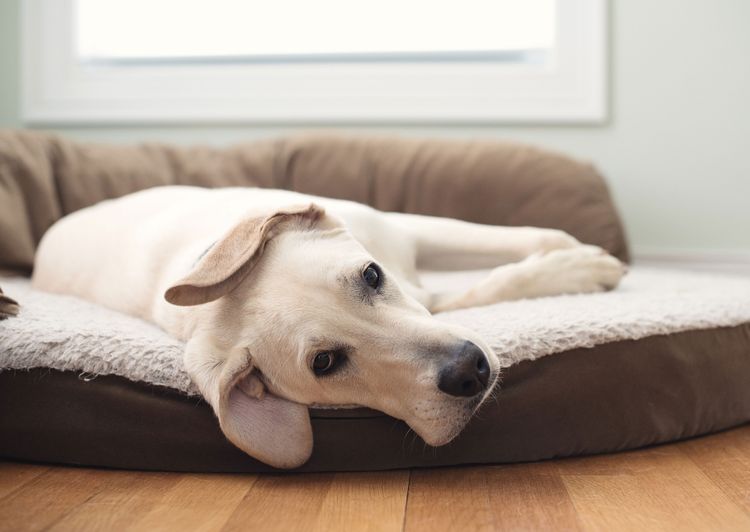
Ensure sufficient rest
Your dog needs a quiet place to sleep where it can retreat. Accordingly, you should not choose a sleeping place where there is constant hustle and bustle and possibly traffic. Otherwise, your dog will hardly have a chance to recover, as he will be constantly awakened by new stimuli.
So, place the dog bed in a quiet corner and do not place toys and other stimuli nearby. The bed should be as large as possible so that your dog can stretch out properly in it. You should also pay attention to the correct filling of the bed, because your darling lies too hard, unpleasant pressure points and skin irritations can arise quickly - this is especially often the case with large dogs.
If the bed is too soft, however, the animals sink in when getting up and hardly find any support. Especially with older dogs, it is important to ensure that the bed is properly filled. You should also set fixed bedtimes for your dog, because four-legged friends are creatures of habit and need their routine.
